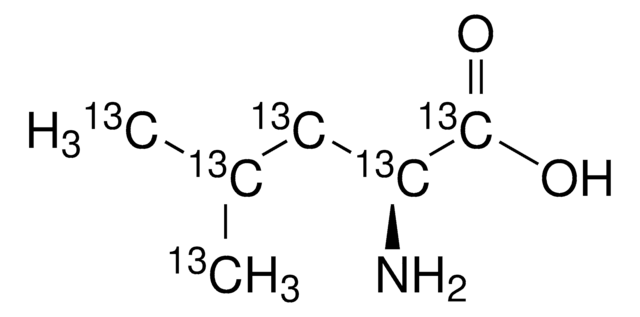MAK054
α-Ketoglutarate Assay Kit
sufficient for 100 colorimetric or fluorometric tests
About This Item
Productos recomendados
usage
sufficient for 100 colorimetric or fluorometric tests
detection method
colorimetric
fluorometric
relevant disease(s)
cancer
storage temp.
−20°C
General description
Application
Suitability
Principle
Related product
replaced by
signalword
Danger
hcodes
Hazard Classifications
Resp. Sens. 1 - Skin Sens. 1
Storage Class
10 - Combustible liquids
flash_point_f
188.6 °F - closed cup
flash_point_c
87 °C - closed cup
Certificados de análisis (COA)
Busque Certificados de análisis (COA) introduciendo el número de lote del producto. Los números de lote se encuentran en la etiqueta del producto después de las palabras «Lot» o «Batch»
¿Ya tiene este producto?
Encuentre la documentación para los productos que ha comprado recientemente en la Biblioteca de documentos.
Artículos
Sigma-Aldrich presents an article about how proliferatively active cells require both a source of carbon and of nitrogen for the synthesis of macromolecules. Although a large proportion of tumor cells utilize aerobic glycolysis and shunt metabolites away from mitochondrial oxidative phosphorylation, many tumor cells exhibit increased mitochondrial activity.
Protocolos
We describe here a rapid and sensitive method to separate and measure D-2-OHG and L-2-OHG enantiomers using high-resolution mass spectrometry (HRMS) detection.
Nuestro equipo de científicos tiene experiencia en todas las áreas de investigación: Ciencias de la vida, Ciencia de los materiales, Síntesis química, Cromatografía, Analítica y muchas otras.
Póngase en contacto con el Servicio técnico



